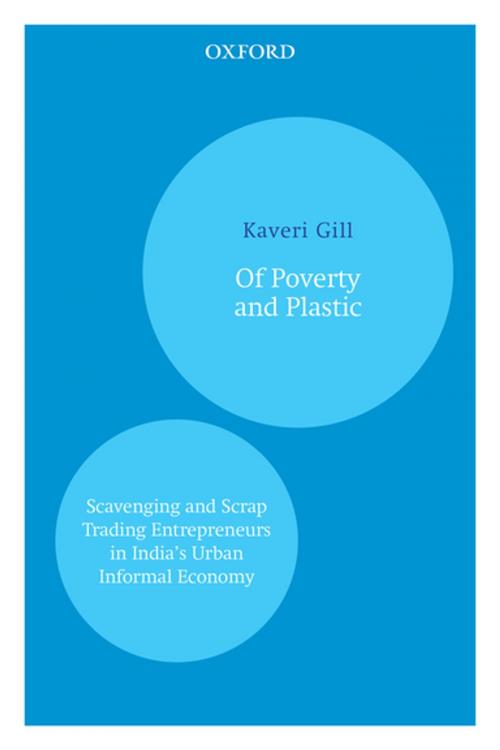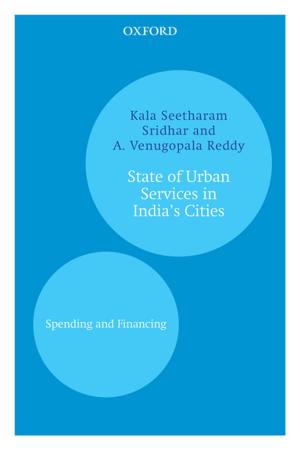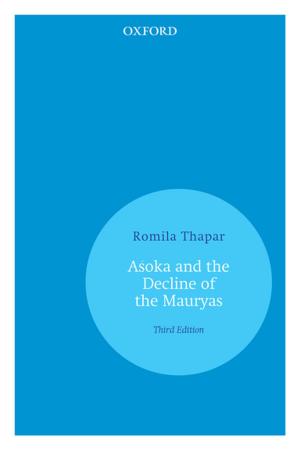Of Poverty and Plastic
Scavenging and Scrap Trading Entrepreneurs in India’s Urban Informal Economy
Business & Finance, Marketing & Sales, Consumer Behaviour, Nonfiction, Social & Cultural Studies, Social Science, Anthropology| Author: | Kaveri Gill | ISBN: | 9780199088096 |
| Publisher: | OUP India | Publication: | October 28, 2009 |
| Imprint: | OUP India | Language: | English |
| Author: | Kaveri Gill |
| ISBN: | 9780199088096 |
| Publisher: | OUP India |
| Publication: | October 28, 2009 |
| Imprint: | OUP India |
| Language: | English |
Of Poverty and Plastic applies an interdisciplinary, 'field economics' approach to poverty analysis, using a mix of survey and ethnographic data to challenge received notions of the nature and extent of narrow income poverty and multiple deprivations experienced by those working in the informal waste recovery and plastic recycling economy of Delhi. A detailed analysis of specialization, capital, and value in various segments of this labour-intensive, 'green' informal market is undertaken, with explicit recognition of its wider social and political institutional context, and how it is shaped by unequal interactions with civil society and the state. In particular, the book focuses on the identity and agency of subordinate scheduled caste groups—living literally and metaphorically on the edge of the city—in negotiating 'a decent life' in today's neoliberal environment. The case studies of the ban on recycled polythene bags and the industrial relocation order illustrate the channels through which these actors collectively seek to resist the perceived anti-urban poor status quo, driven by powerful middle class coalitions through legislation or judicial fiat, with varying degrees of success. In doing so, the book exposes the complex, and at times contrary, policy reality binding poverty and deprivation, formal and informal markets, the state and citizenship in contemporary urban India.
Of Poverty and Plastic applies an interdisciplinary, 'field economics' approach to poverty analysis, using a mix of survey and ethnographic data to challenge received notions of the nature and extent of narrow income poverty and multiple deprivations experienced by those working in the informal waste recovery and plastic recycling economy of Delhi. A detailed analysis of specialization, capital, and value in various segments of this labour-intensive, 'green' informal market is undertaken, with explicit recognition of its wider social and political institutional context, and how it is shaped by unequal interactions with civil society and the state. In particular, the book focuses on the identity and agency of subordinate scheduled caste groups—living literally and metaphorically on the edge of the city—in negotiating 'a decent life' in today's neoliberal environment. The case studies of the ban on recycled polythene bags and the industrial relocation order illustrate the channels through which these actors collectively seek to resist the perceived anti-urban poor status quo, driven by powerful middle class coalitions through legislation or judicial fiat, with varying degrees of success. In doing so, the book exposes the complex, and at times contrary, policy reality binding poverty and deprivation, formal and informal markets, the state and citizenship in contemporary urban India.















